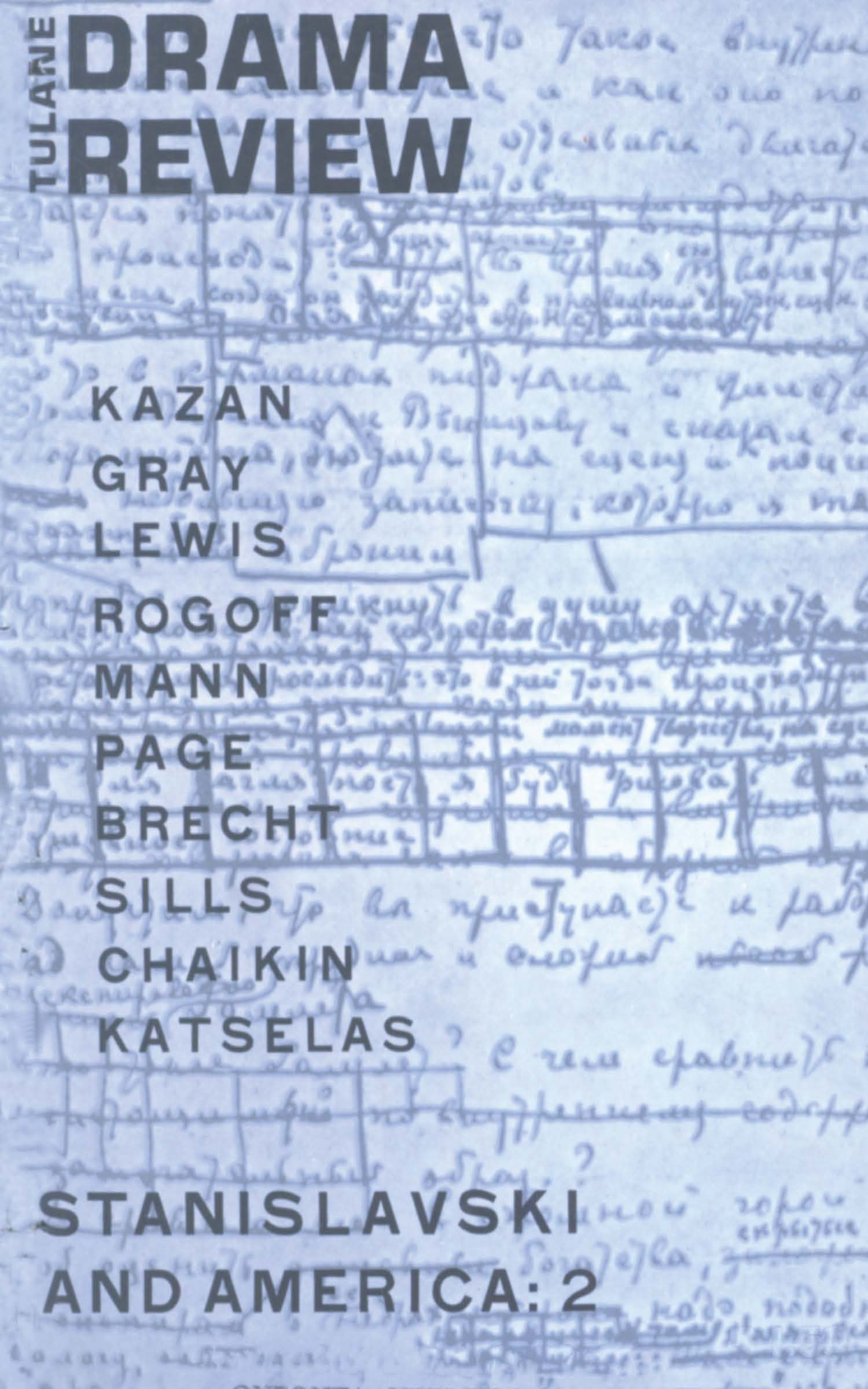No CrossRef data available.
Article contents
An Un-American Chalk Circle?
Published online by Cambridge University Press: 23 November 2021
Extract
In the prologue to The Caucasian Chalk Circle, the people of two collective farms in Soviet Georgia debate their respective titles to the ownership of a piece of land. It has belonged to one farm, but now the other claims to be able to make better use of it. Who should own anything! Should possession be nine-tenths of the law? Or should law and possession be open to review? That is the question Brecht raises. In the first draft of the play, the date of this bit of action was the Thirties. Later, Brecht shifted it to 1945 for two reasons: first, so that the land can be approached as a new problem, in that the farmers on it had all been ordered east at the approach of Hitler's armies; second, so that the farmers newly claiming it can have partially earned it by having fought as Partisans against the invader.
- Type
- Research Article
- Information
- Copyright
- Copyright © Eric Bentley 1966
References
* Reprinted by permission of Suhrkamp Verlag, Germany.
1 Azdak's “Song of Chaos” is adapted from a translation of an ancient Egyptian lament, brought to notice in 1903, but dating back to about 2500 B.C. The document describes a state of social disintegration and revolt, and appeals to the King and other authorities to take action. Brecht reverses the point of view, as his custom is, but since he does so ironically, he is able to stay close to such words of the original as the following:
Nay, but the highborn are full of lamentations, and the poor are full of joy. Every town saith: “Let us drive out the powerful from our midst.”
Nay, but the son of the highborn man is no longer to be recognized. The child of his lady is become [no more than] the son of his handmaid.
Nay, but the boxes of ebony are broken up. Precious sesnem wood is cut in pieces for beds.
Nay, but the public offices are opened and their lists [of serfs] are taken away. Serfs become lords of serfs.
Behold, ladies lie on cushions [in lieu of beds] and magistrates in the storehouse. He that could not sleep upon walls now possesseth a bed.
Behold, he that never built for himself a boat now possesseth ships. He that possessed the same looketh at them, but they are no longer his.
(Translated from the Egyptian by A. M. Blackman, and published in The Literature of the Ancient Egyptians, by Adolf Erman, London: Methuen & Co., 1927.)


